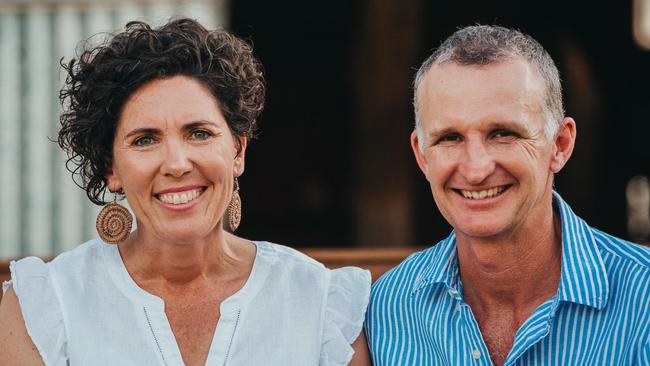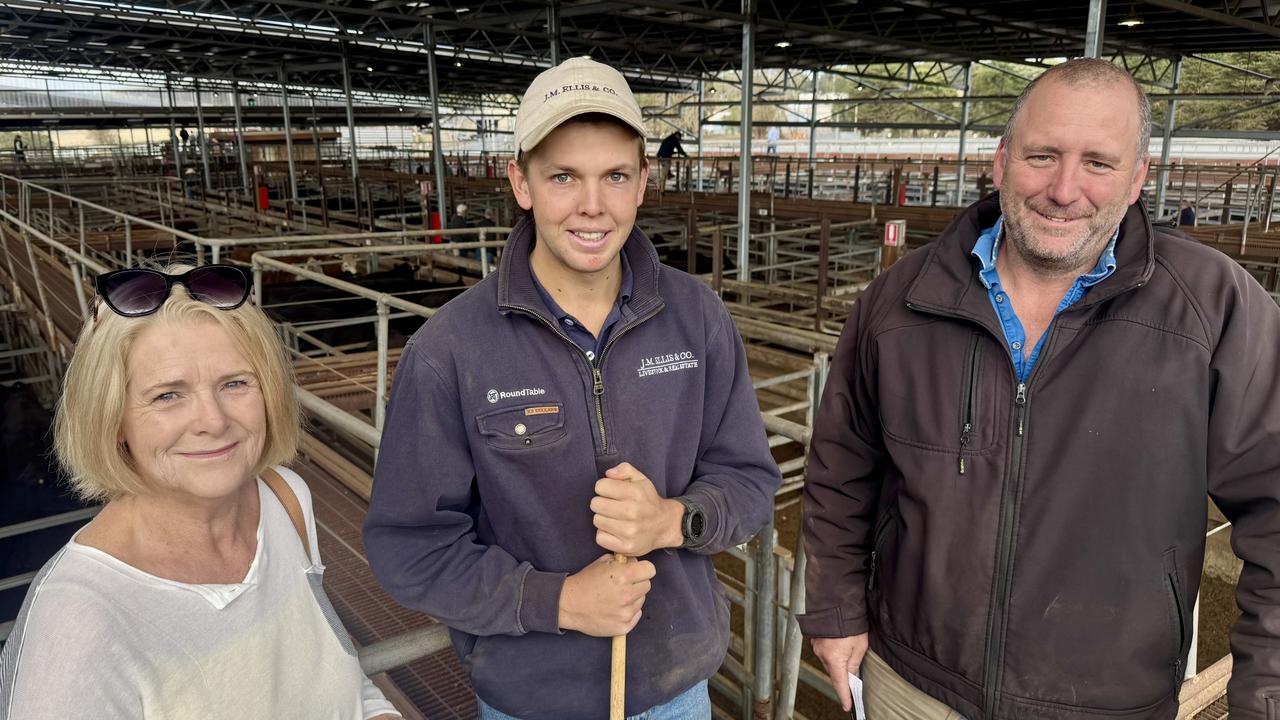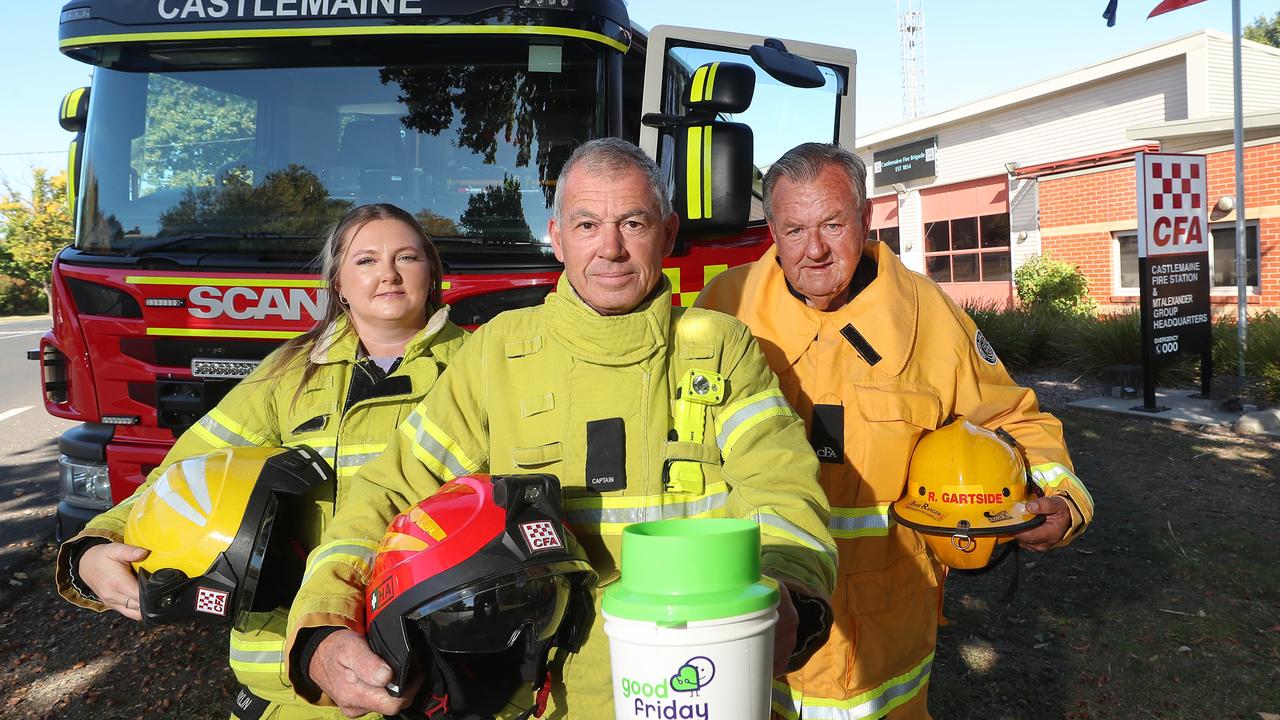A helping hand: Farmer mental health support for the regions
A new farmer-driven program for producers in need of mental health support is coming to regional NSW.

Sometimes only another farmer can truly understand what it means to be in the middle of a poor season, tough market conditions, and a grim forecast for the summer.
With that in mind, a new farmer-driven program – which has toured regional NSW in recent weeks – is working to empower producers to take matters into their own hands, and better support their own mental health and that of others.
Farmers Helping Our Own is the brainchild of graziers Stu and Gem Green, alongside fellow producer Stuart Austin, the Rural Adversity Mental Health Program, and counselling service TIACS.

The program works to create localised support networks during times of significant adversity and stress in the agricultural sector.
Mr Green said the program came about after speaking with people in his community.
“There were conversations with agents and with other farmers, and it was really about how things have changed that quickly … costs for farming over the past two years, interest rates have gone up, and the result is a lot of pain for a lot of business in the rural sector,” he said.
“And there are a lot of younger farmers right now who have not been in the game that long … it was a lot to process very quickly. We were concerned about that level of pain, and the effect that was having on people and what we could do to support them to get them through to the other end.”
Having to make tough decisions on farm, such as having to sell livestock at a loss, is one of the critical pressures many primary producers faced, Mr Green said.
“If you paid $2000 last year, and now it’s only work $1000, it’s not worth feeding them … it’s a really tough decision,” Mr Green said.
“To get out of that without too much of a hit, that’s probably one of the biggest most paralysing decisions there is.”
Farmers Helping Our Own workshops focused on mental health during stressful times, decision making, community building, and providing farmers with resources to support their fellow producers, along with learning how to identify key warning signs and how to ask powerful questions.





